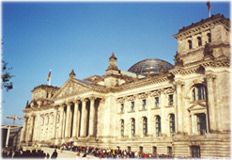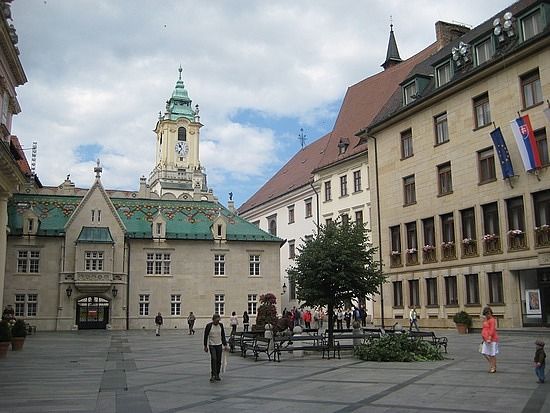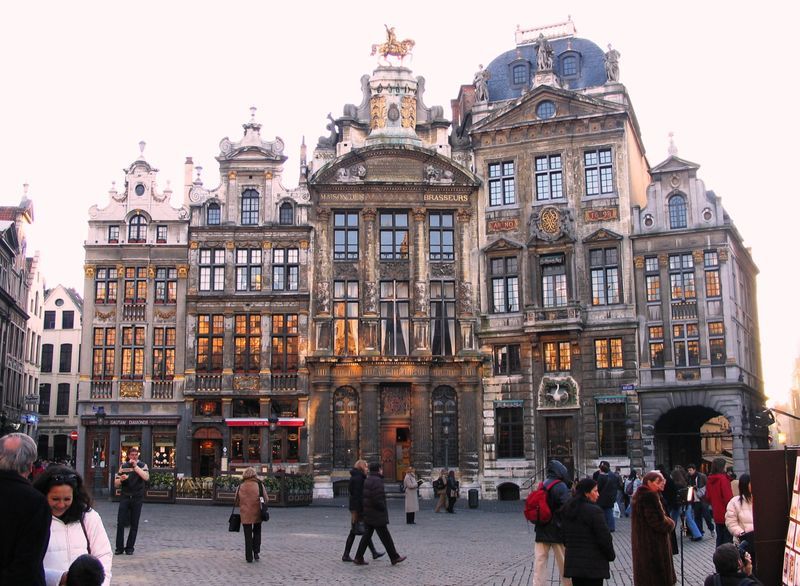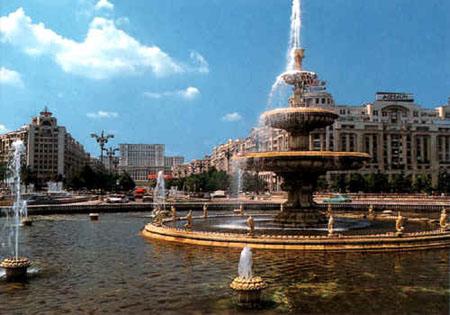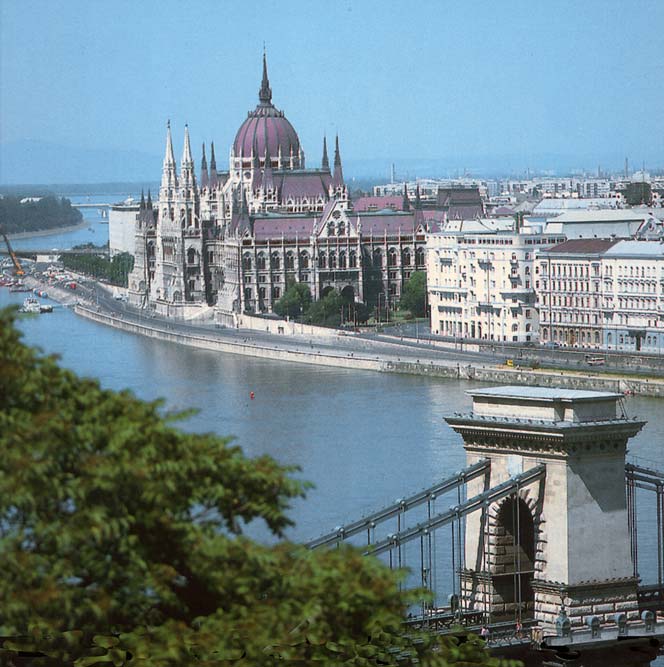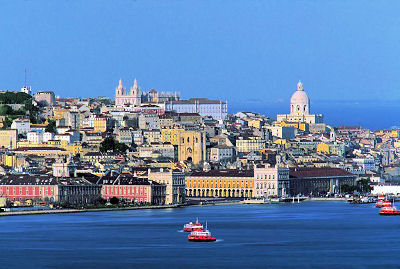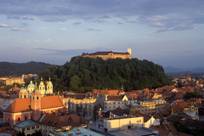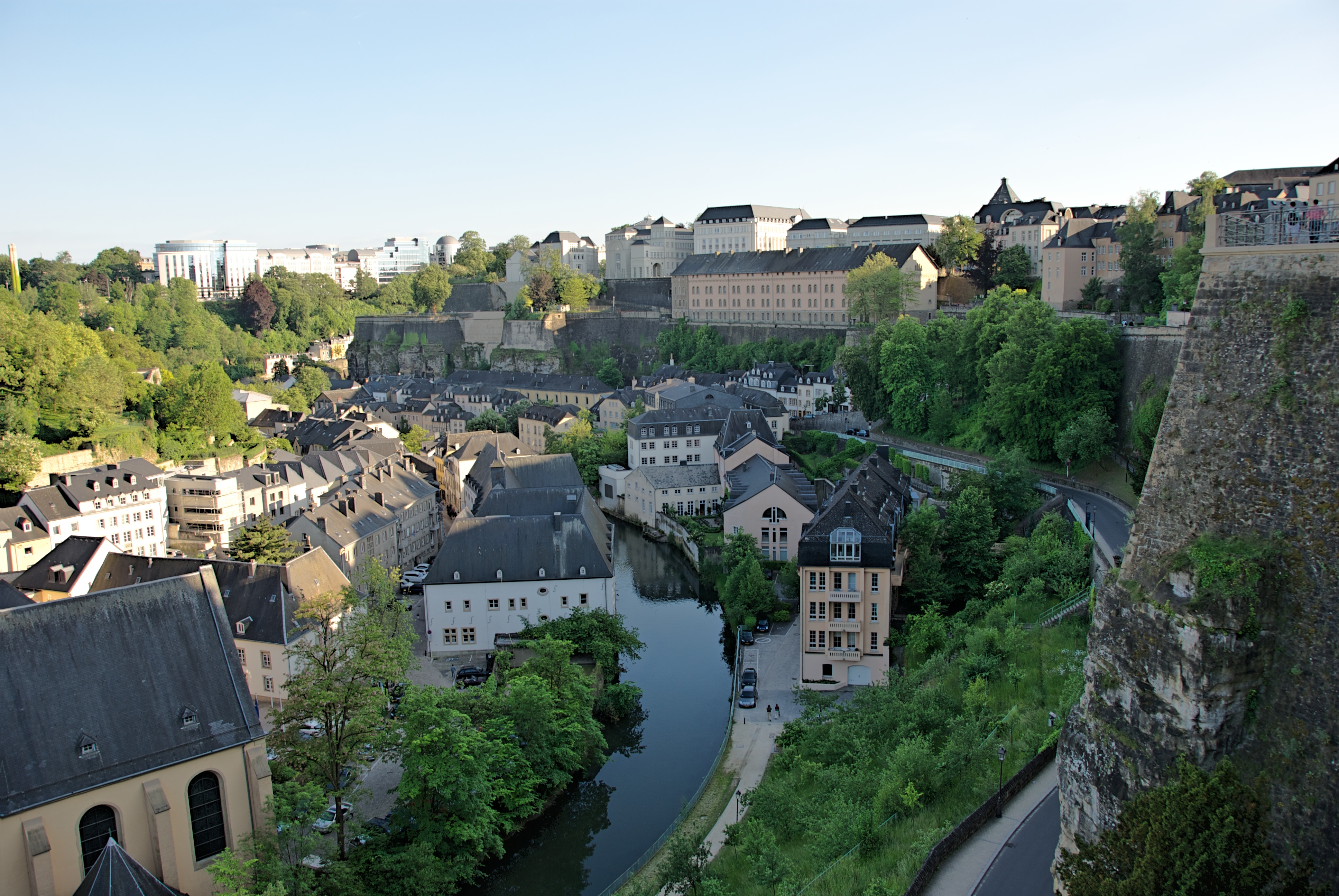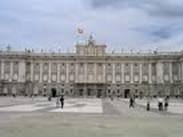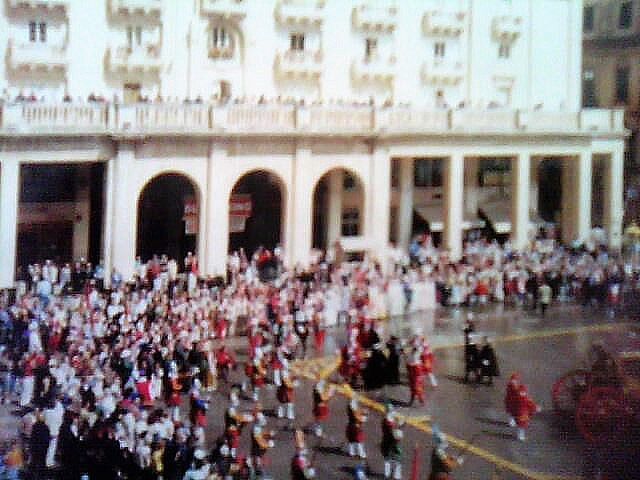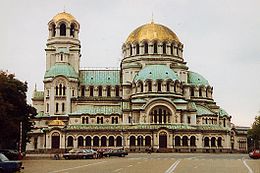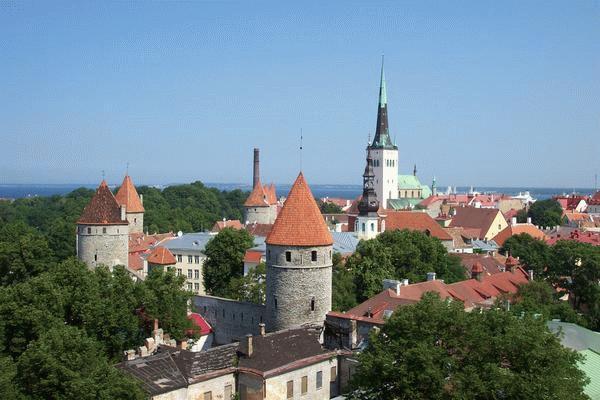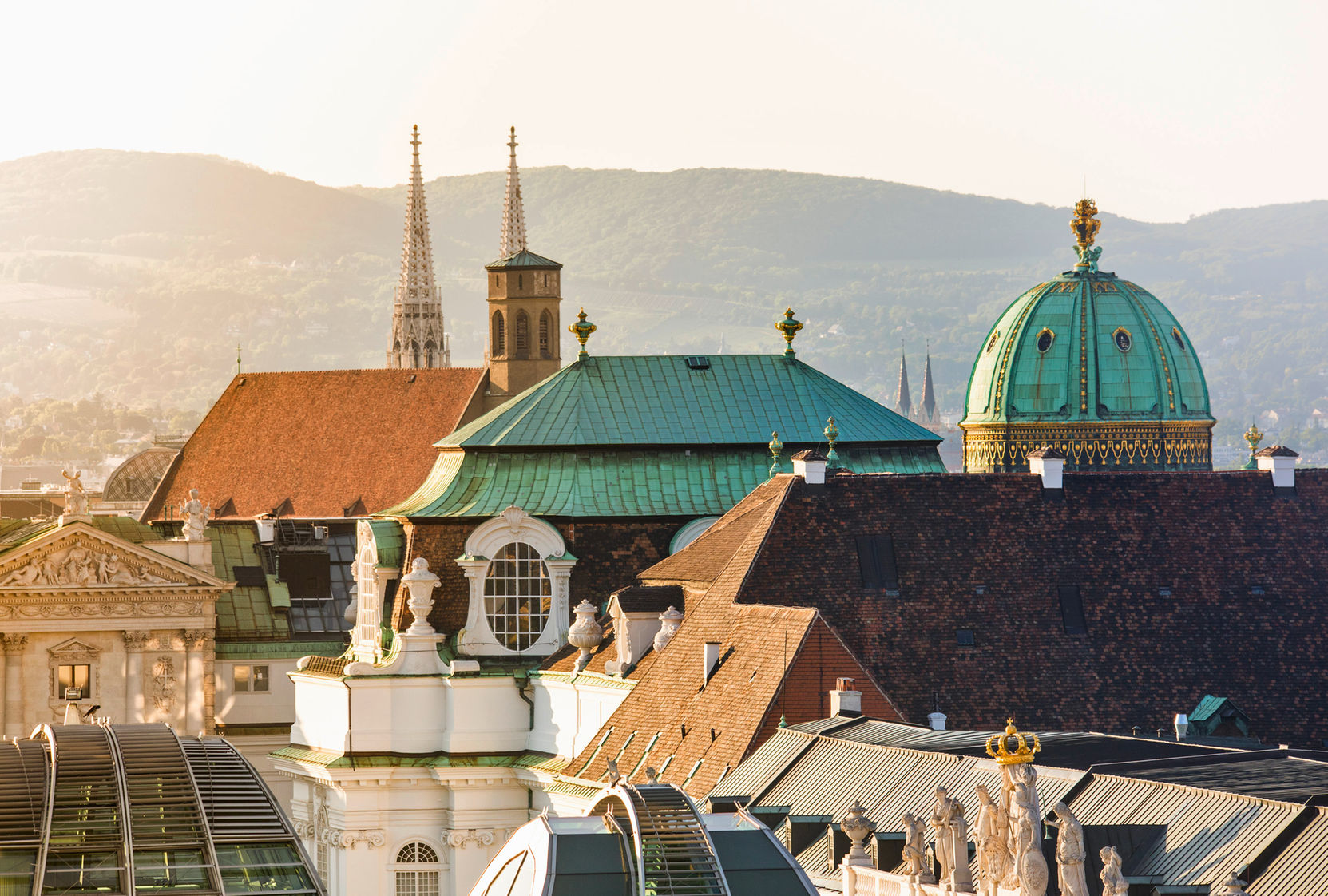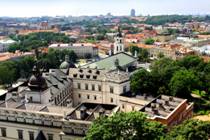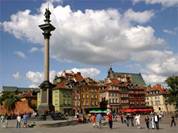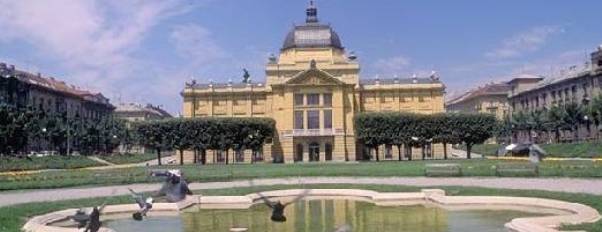European capitals of culture: 2011: Turku and Tallinn, 2012: Guimaräes and Maribor, 2013: Marseilles and Kosice, 2014 Umea and Riga, 2015 Mons and Plzen, 2016 Wroclaw and San Sebastian,
2017 Aarhus and Paphos , 2018 Leeuwarden and Valetta, 2019 Mathera and Plovdiv, 2020 Rijeka and Galway, 2021 Novi Sad, 2022 Kaunas and Esch, 2023 Veszprém and Timisoara, 2024 Bad Ischl, Bodø and Tartu, 2025
Candidate members: European Union officially negotiates on accession with Albania, Republic of North Macedonia, Iceland, but in March 2015 Iceland's government requested that "Iceland should not be regarded as a candidate country for EU membership", Montenegro, Serbia and Turkey
Potential candidate countries: Bosnia Herzegovina, and Kosovo
8 November 2023, the European Commission proposed to open accession negotiations with Ukraine and Moldova, and to give candidate status to Georgia |

![Athene is the capital and largest city of Greece. It is also known as the birthplace of democracy. [5][6] Named after the goddess Athena, Athens is one of the oldest cities in the world with a recorded history of at least 3,000 years. Today, the Greek capital is a bustling and cosmopolitan metropolis with an urban population of 3.1 million people and a metro population of 3.7 million people.](Images of European capitals_clip_image001.jpg)
